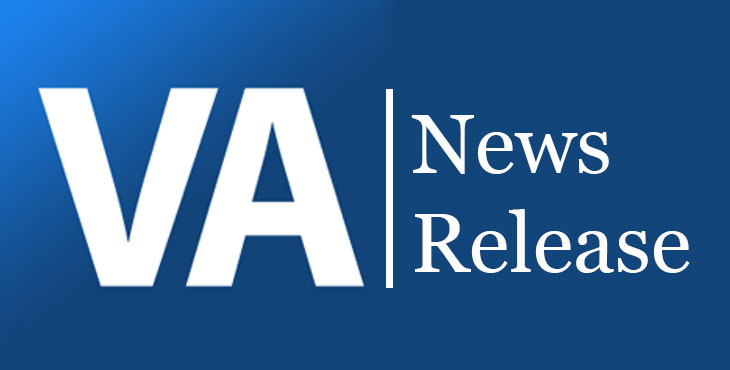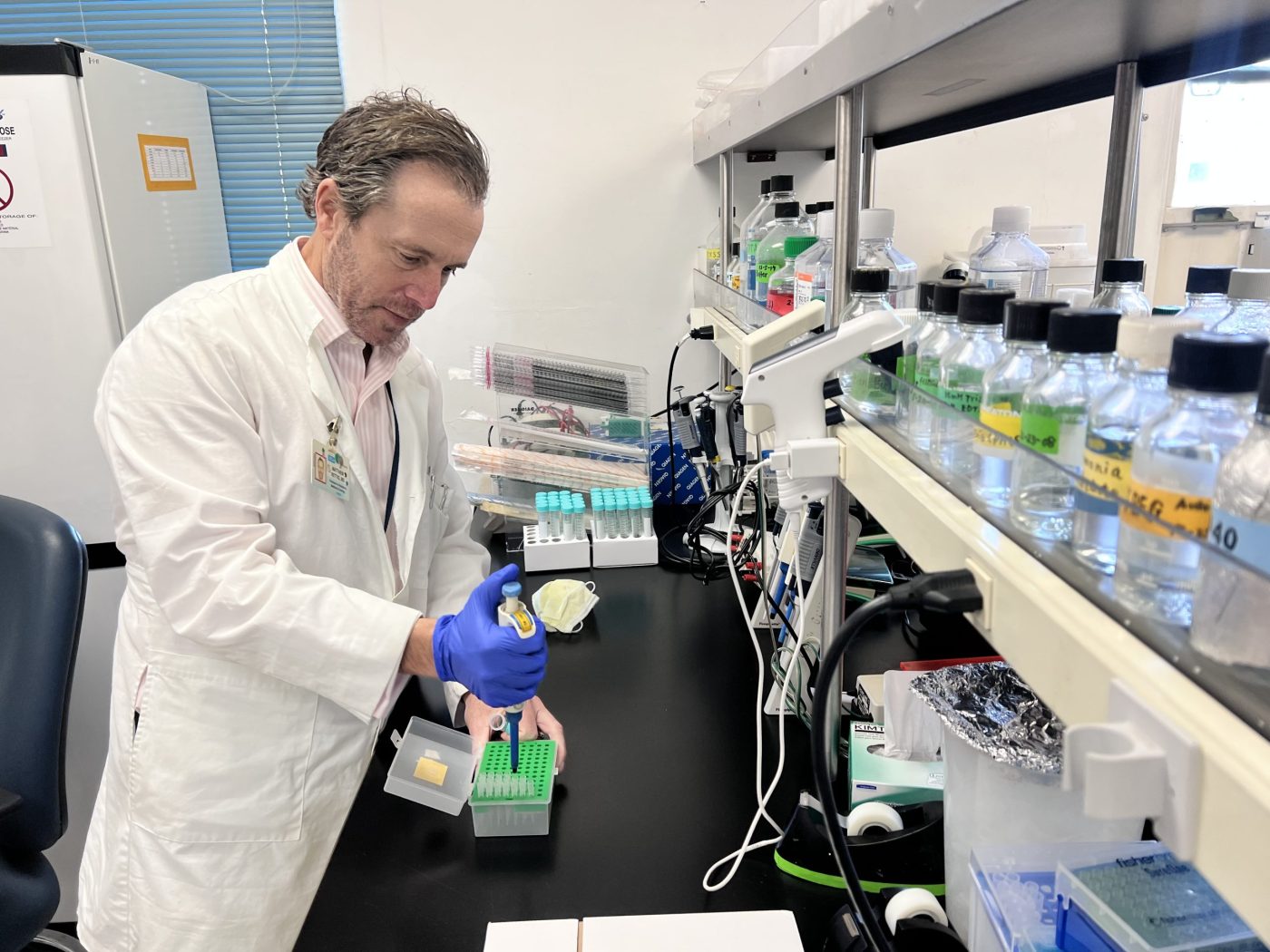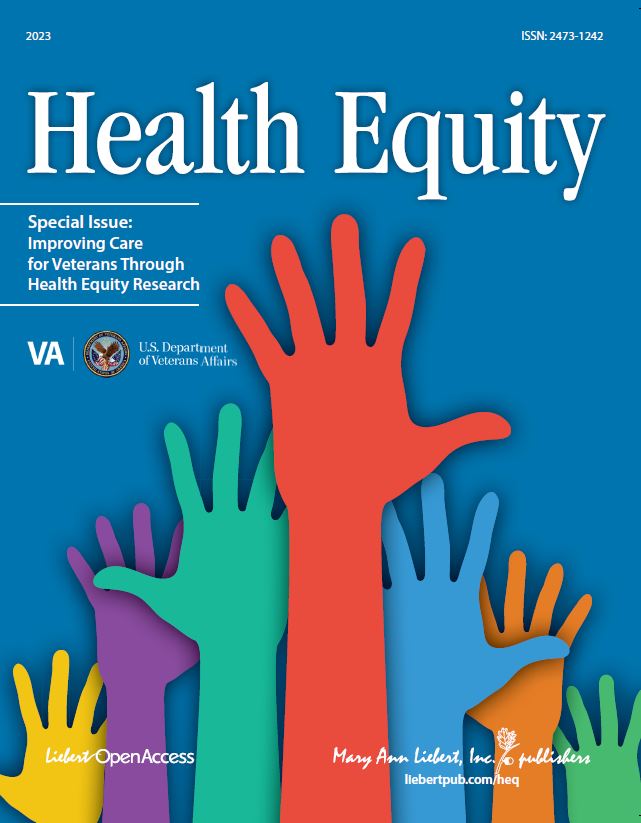Suicide prevention is one of the VA’s highest priorities. As part of VA’s commitment to put resources, services and all technology available to reduce Veteran suicide, VA has launched an innovative program called Recovery Engagement and Coordination for Health – Veterans Enhanced Treatment (REACH VET).
Recent research suggests that 20 Veterans die by suicide each day, putting Veterans at even greater risk than the general public. Using a new predictive model, REACH VET analyzes existing data from Veterans’ health records to identify those at a statistically elevated risk for suicide, hospitalization, illness or other adverse outcomes. This allows VA to provide pre-emptive care and support for Veterans, in some cases before a Veteran even has suicidal thoughts.
“One Veteran suicide is one too many,” said VA Secretary David J. Shulkin. “This cutting-edge program is saving lives by identifying at-risk Veterans and connecting them with the specialized care and support they need.”
Once a Veteran is identified, his or her VA mental health or primary care provider reaches out to check on the Veteran’s well-being, review their condition(s) and treatment plans to determine if enhanced care is needed. The program began as a pilot in October and is now fully implemented across VA.
“REACH VET is a game changer in our effort to reduce Veteran suicide,” said Dr. Caitlin Thompson, National Director of VA’s Office for Suicide Prevention. “Early intervention can lead to better recovery outcomes, lessen the likelihood of challenges becoming crises and reduce the stress that Veterans and their loved ones face.”
VA’s suicide prevention resources include the Veterans Crisis Line, which provides confidential support from specially trained and experienced responders to Veterans, even if they are not enrolled in VA health care. Veterans and their families and friends may call 800-273-8255 and press 1; chat online at VeteransCrisisLine.net/Chat or text to 838255.
For more information about VA’s suicide prevention efforts, visit these resources:
- Veterans Crisis Line website
- Suicide prevention outreach toolkit
- “Be There” public service announcement
- Suicide prevention fact sheet
- Make the Connection website
- VA Mental Health website
Topics in this story
More Stories
On Thursday, June 20, 2024, VA joined more than 20 federal agencies to release its updated 2024-2027 Climate Adaptation Plan.
As part of a new research study that began July [...]
WASHINGTON ― The Department of Veterans Affairs Office of Research [...]







Your comments: “Suicide prevention is one of the VA’s highest priorities. As part of VA’s commitment to put resources, services and all technology available to reduce Veteran suicide” are so untrue!!!
SVA DBC PRF policy took me from not being in the hospital and mostly recovered from PTSD to pushing me towards the most lethal suicide attempts in my life, treating my suicidal stuff as VA Police issues (arrested and laughed at my most lethal attempt: July 2013), and my psych hospitalizations averaged 4 to 7 per year for over 4 years during the worst parts of my “VA Criminalization” by the criminal organization you call the DBC.
Addressing potential suicide with VA Police action is the wrong thing to do; it just amplifies why I’m suicidal in the first place. The national crisis line in the past several years is so backed up, I got a busy signal or got a person that was clueless about veterans. The local; regional VA suicide coordinator was dangerous to talk to, as she also put fantasy criminal lies in my VA record, just like the DBC, and took many things I told her, to the VA Police, that she shouldn’t have.
Then why do you keep sending the vets to dishonest nurse examiners and rating officers that flat out lie, leaving a paper trail as proof, but are exempt from any form of reprimand for blatantly lying on reports. Look at who is running your administration and you will find the source of many suicides. Your lies and deception are the cause. The nurses and doctors used as experts against the veteran are the source of veterans suicides, and it is right under your nose. It is not going to change quickly, because the VA can not see the need for change. I guess 20-25 suicides a day is the acceptable level now
“Honesty is the best policy” does not apply here, but “lie and deny” seems to be the norm. The VA seems to leep over the ones already there asking for help, but it looks good for the press. Will it ever change? I doubt it. Doing the right thing and being honest about it seems to be too hard to do as opposed to lying and just saying it never happened.
I have had the same experience with the VA regional offices. And it took them seven years to finally get my case done with a denial and three appeals. they just lie and deny until they are forced to accept a law judges decision. It’s terrible service. And I mean terrible.